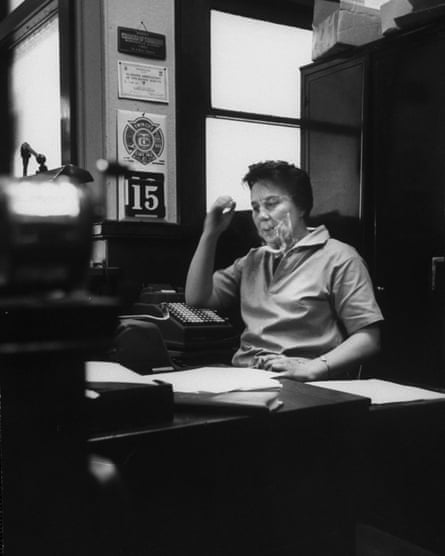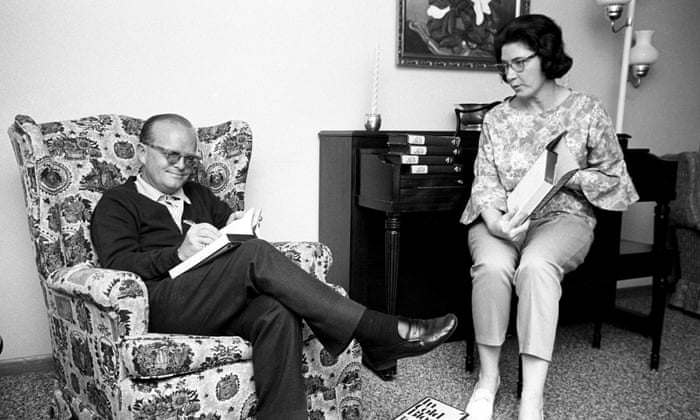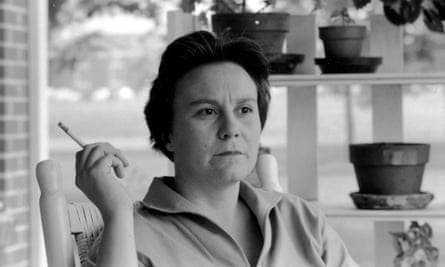November, 2023 @ 7 pm in Susman Room



Casey Cep is a staff writer at The New Yorker and the author of “Furious Hours: Murder, Fraud, and the Last Trial of Harper Lee,” which was a New York Times best-seller and named one of the best books of the year by the Washington Post and others. She is a graduate of Harvard College and the University of Oxford, where she studied as a Rhodes Scholar. She lives with her family on the Eastern Shore of Maryland.
1. How did the book change the way you think about Harper Lee and her literary legacy? What were you most surprised to learn?
2. One of the most disturbing aspects of Reverend Maxwell’s murder spree was the connection between him and his victims. How does Cep bring to life the horror of crimes committed within a family and a small Southern community?
3. Discuss how race played into the case of the Reverend Willie Maxwell.
4. What were your first impressions of Tom Radney? How did your perception of him change as you read the book?
5. What do you think about the morality of Robert Burns’s decision to murder the Reverend Willie Maxwell?
6. Did you know anything about the Maxwell murders before reading the book? Why do you think it took so long for them to get this kind of public attention?
7. What does Cep’s portrait convey about Truman Capote? Which traits stand out?
8. How did Harper Lee and Truman Capote’s relationship play into the larger story? How do you think Lee’s experience with In Cold Blood shaped her approach to writing her own true crime tale?
9. Why do you think the Maxwell case captivated Lee’s attention enough to dedicate years of her life to writing it? Do you think she finished it? If not, what do you think stopped her? What do you think happened to whatever existed of the manuscript?
10. Furious Hours combines the horror and mystery of a true crime tale with the in-depth history and detail of a biography. How does Cep integrate the two different pieces of the book?
11. How does Furious Hours distinguish itself from other nonfiction books you have read?
12. How does the reading experience and group discussion differ with a nonfiction book like Furious Hours compared to novels?